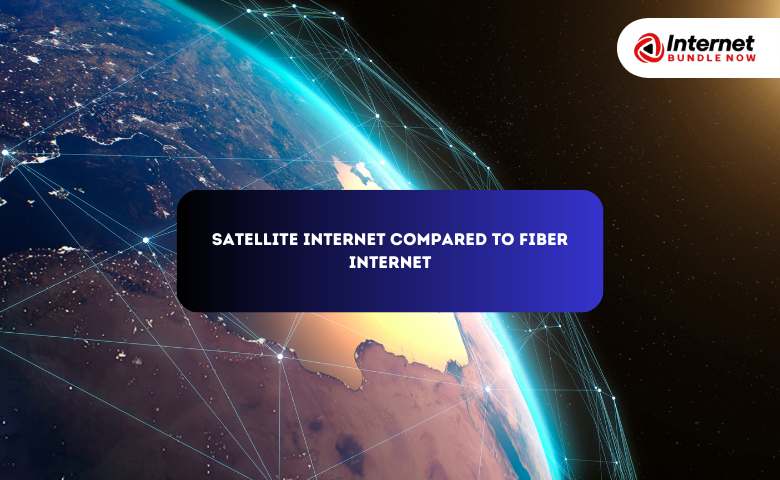- TV
How to Get Premium Channels with Your Cable TV Bundle?
Access to exclusive entertainment content is a priority for many viewers seeking a richer television experience. Premium chan...
Explore More
Satellite internet involves transmitting data between a satellite in orbit and a dish on the ground. This technology has improved considerably over the years, offering viable internet solutions for remote and rural areas where laying fiber optic cables isn't feasible.
Accessibility: One of the biggest advantages of satellite internet is its ability to reach remote locations. If you live in a rural area, satellite internet might be your only option.
Speed: Modern satellite internet providers, like Starlink, offer speeds up to 150 Mbps, which is quite impressive for satellite technology.
Cost: While initial setup costs can be high, satellite internet often has competitive monthly rates. However, data caps may limit heavy internet users.
Despite its benefits, satellite internet does come with some limitations. High latency can be a significant issue, making activities like online gaming and video calls less smooth. Additionally, weather conditions can affect signal quality, leading to intermittent connectivity.
When it comes to speed, fiber optic internet outpaces satellite internet by a significant margin. Fiber offers speeds that can exceed 1 Gbps, whereas satellite speeds typically max out around 150 Mbps. This difference can be crucial for users who require high-speed connections for work or entertainment.
In real-world tests, fiber consistently delivers more stable and faster connections. For example, downloading a 2GB movie might take just a few seconds on a fiber connection, while it could take several minutes on a satellite. Upload speeds are also generally quicker with fiber, making it more suitable for activities like uploading videos or backing up data.
Your geographical location plays a significant role in determining the best internet option for you. Internet Bundle Now usually have easy access to fiber optic internet, but those in USA areas might find satellite to be their only available choice.
Think about how you use the internet. For heavy users who stream videos, play online games, or need to upload large files, fiber optic is ideal. Satellite internet can be cost-effective for moderate users, especially in areas where fiber isn't available.
Urban Areas: Fiber optics is generally the best option due to its high speed and reliability.
Rural Areas: Satellite internet is often the only practical solution, despite its higher latency and potential for weather-related disruptions.
Fiber optic technology is continually evolving. Upcoming innovations promise even faster speeds and broader accessibility, making it an excellent long-term investment for both providers and users.
Satellite internet is also set to improve, with companies like SpaceX's Starlink working on reducing latency and increasing speed. These advancements aim to make satellite internet a more competitive option against fiber.
AI and machine learning are playing significant roles in optimizing both fiber and satellite internet services. These technologies help in predictive maintenance, efficient data routing, and even customer service, thereby enhancing the overall user experience.
In the battle of fiber vs satellite, each technology has its strengths and weaknesses. Fiber optic internet shines with its high speed, reliability, and low latency, making it the best choice for urban users who need top-tier performance. On the other hand, satellite internet provides a crucial lifeline for rural residents, delivering respectable speeds and broad accessibility.
Before making a decision, consider your specific needs, location, and budget. Both technologies are continually evolving, promising even better performance and broader accessibility in the future.
If you're still unsure which option is best for you, consider reaching out to the experts at Internet Bundle Now. They can help you assess your needs and recommend the best internet solution for your situation.
For more information and to get started, visit Internet Bundle Now today!
Latest insights, tips, and updates from our experts.
George
How Fast Is Satellite Internet Compared to Fiber Internet?